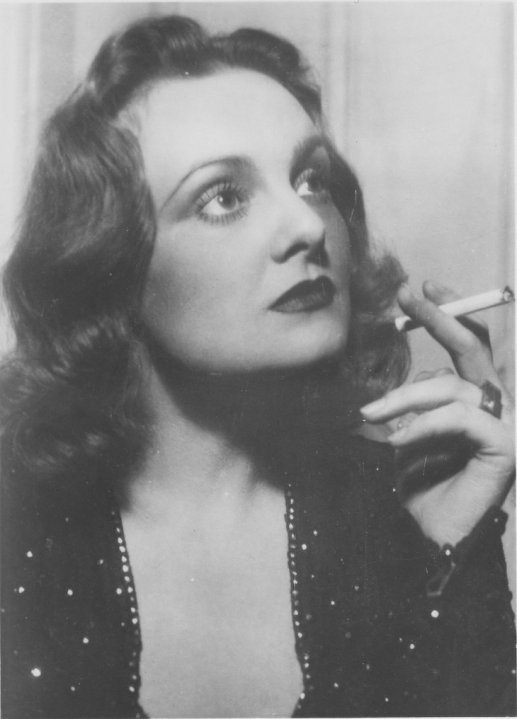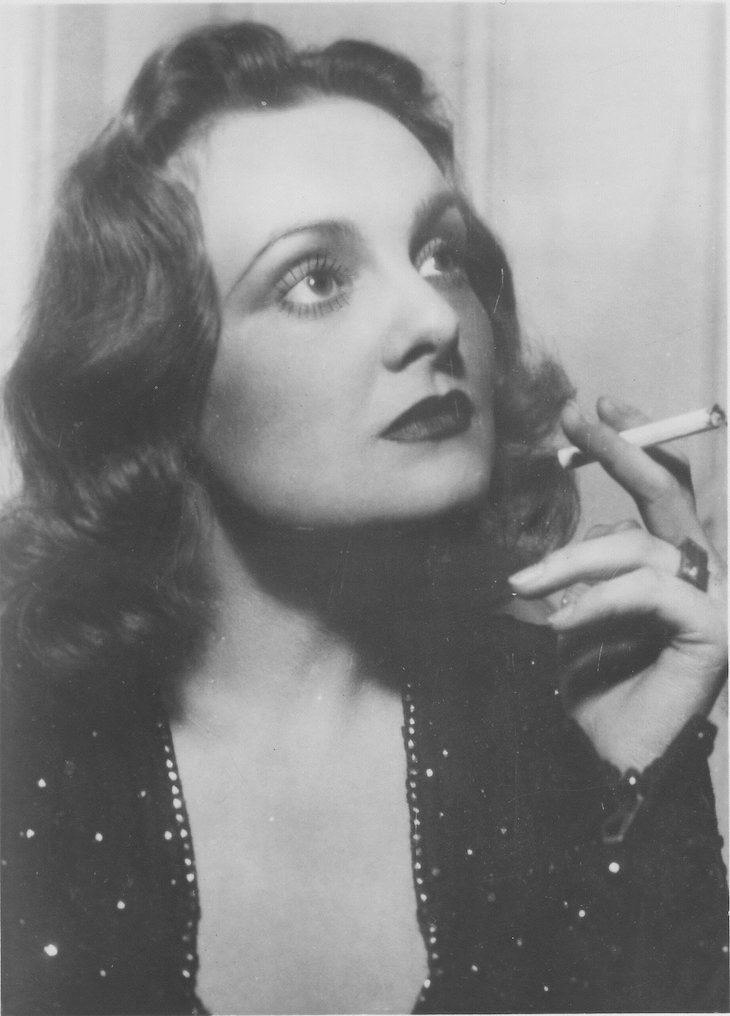I’ve always loathed Russia: its regime, its remnants of enduring Stalin-worship, its rulers’ century of malign influence on the world. The cold-blooded autocrat Vladimir Putin, whose invasion of Ukraine is all too redolent of the USSR, is succeeding in his aim of shattering the security and stability of Europe. I watch clips of Putin addressing vast cheering crowds in Moscow and wonder: what’s wrong with these otherwise sophisticated people? The alternative narratives are mere clicks away on their smartphones, yet they choose to swallow Putin’s dangerous lies and propaganda. Have they learnt nothing from their own history?
With the secret police prowling the streets, she needed to deflect suspicion
My Russia-phobia is nothing new: when I was four years old, my family fled Hungary in the aftermath of the 1956 Hungarian Revolution. This popular uprising against communist repression had been brutally crushed by Soviet tanks: civilians were massacred, thousands imprisoned, the revolution’s leaders hanged. Perhaps it’s not altogether surprising that I feel the way I do about Russia. But then I remind myself that, if it weren’t for one particular Russian, I wouldn’t be alive today. Or, to be more precise, I would never have been born.
My mother, Vali Racz, was a celebrated singer and actress in Hungary during the Second World War. Thanks to her glamorous looks and sex appeal, she was labelled ‘the Hungarian Marlene Dietrich’. In March 1944, the Nazis occupied the country and began rounding up Jews. As a Catholic, she wasn’t personally under threat, but many of her friends and associates were Jewish. Several of them now desperately sought her help.
She didn’t disappoint. For eight months, her villa in Budapest provided a clandestine refuge for five Jewish fugitives. With the secret police prowling the streets, she needed to deflect suspicion, so she openly socialised with Wehrmacht officers. They would take her out for dinner, or call in for a drink (while the fugitives waited, hardly daring to breathe, in their hiding places).
By the end of December, the Red Army had encircled the city, the devastating Siege of Budapest began, and in February 1945 the Germans were finally routed. That was when my mother faced the second great threat to her life. A committee of newly-empowered Hungarian communists, based in her neighbourhood in Buda, recalled her ‘fraternisation’ with the Germans and concluded that she must have been a collaborator. One day they turned up at her door. She pleaded innocence and informed them that she had, in fact, rescued Jews. But as they were now long gone from her home and uncontactable in a city without working telephone lines or power or bridges across the Danube, there was no one to vouch for her. So they sentenced her to death, keeping her under house arrest.
Her story then took a thrilling turn of Hollywood proportions. Months earlier, a Red Army colonel called Sasha had been billeted at her villa, and the two of them had enjoyed a steamy affair. Once it became known that my mother was the woman of a Red Army officer her home was off-limits to the more barbaric Russian soldiers – the ones who raped women all over Budapest. To my mother, he was a ‘guardian angel’. What’s more, Sasha supplied the household with all kinds of otherwise unobtainable food and drink – the spoils of war. In the evenings my mother played the piano and sang for him. When after a few weeks he received orders to move his troops to Romania, he promised to return. And so he did – arriving back on the very day before my mother was to be shot.
Entering the villa he found her kneeling on the floor, a priest giving her the last rites. He pulled her to her feet and demanded to know what was going on. She told him about the accusation and the death sentence. With a long hard look, he said that if she was guilty he could do nothing to help her. But my mother explained that, far from collaborating, she had risked her life to protect Jews. ‘I’m innocent,’ she told him.
‘Then I believe you,’ he said. He took her by the arm, put her in his jeep and they roared off to the communist group’s nearby headquarters. When Sasha burst into their midst, my mother in tow, the startled members looked up and gaped in awe at the high-ranking Russian. He forbade them to take any further action in her case until he had consulted higher Soviet military authorities. My mother waited while he left for the nearest military unit, from where he used a crackling radio transmitter to contact the central Soviet command post in Pest. As it turned out, my mother had already been interrogated by Soviet officials there, who were convinced of her innocence. Sasha was given full authority to order her unconditional release. He went back to the reckless, over-hasty committee and demanded her exoneration. She was saved. And so was I.
Was he sent to a gulag, along with the millions of other hapless victims of Stalin?
The next day, Sasha and his men pushed on to Berlin. My mother was to see him one more time. The war was over and, after mopping up in Germany, his troops passed through Hungary on their way home. They were returning to the Soviet Union as heroes. But Sasha’s face looked worn and tired, not victorious. They spent a last, tender night together before saying goodbye.
My mother never heard from him again. He’d told her he had a wife back in Russia and presumably he went back to her. But his liaison with the Hungarian aktrisa would not have gone unnoticed by the Red Army’s political commissars; Stalin regarded such philandering officers as having been tainted by the capitalist enemy and therefore untrustworthy. Was he sent to a gulag, along with the millions of other hapless victims of Stalin?
I have a faded photo of Sasha, taken in my mother’s garden. He was in his forties then, well-built, with medals on his uniform. His head is bandaged from a battle wound, but he is smiling. If only he could have known that, eight decades later, in another country, he would be thought of with warmth and gratitude by someone who never met him. And for whom he is a timeless, redeeming representative of his people.
As for my courageous mother, in 1991 she was named Righteous Among the Nations by Yad Vashem, Israel’s Holocaust documentation centre, for her rescue of Jews. As both she and Sasha demonstrated, even in the darkest chapters of human history, there is always the light of hope.







Comments